Conducting effective reference checks can be tough. The process often involves a delicate balance of respecting employers’ time, trusting candidate experience, and ensuring you’re making the right hiring choices. In this article, we provide a guide to conducting reference checks the right way and include a downloadable template to help standardize your reference check process.
To standardize your reference check process, ensure consistency, and brainstorm specific questions to ask previous employers and other references, download our reference check template:
1. Click “Download Resource”
2. Enter your email address
3. Submit to download your FREE resource
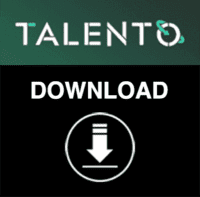
Reference Check Template
Send download link to:

Reference Check Template
Send download link to:
Why Do Reference Checks?
Reference checks serve as a vital step in the hiring process, offering employers invaluable insights into a candidate’s background, work ethic, and suitability for a particular role. In fact, 87% of employers perform reference checks as part of the hiring process. Understanding the reasons behind conducting reference checks underscores their importance and impact on hiring decisions.
Verification of Information
Resumes and job applications provide a snapshot of a candidate’s qualifications and experience. However, reference checks allow employers to verify the accuracy of this information. By contacting previous employers or professional contacts, employers can confirm details such as employment dates, job titles, and responsibilities, ensuring transparency and authenticity in the hiring process.
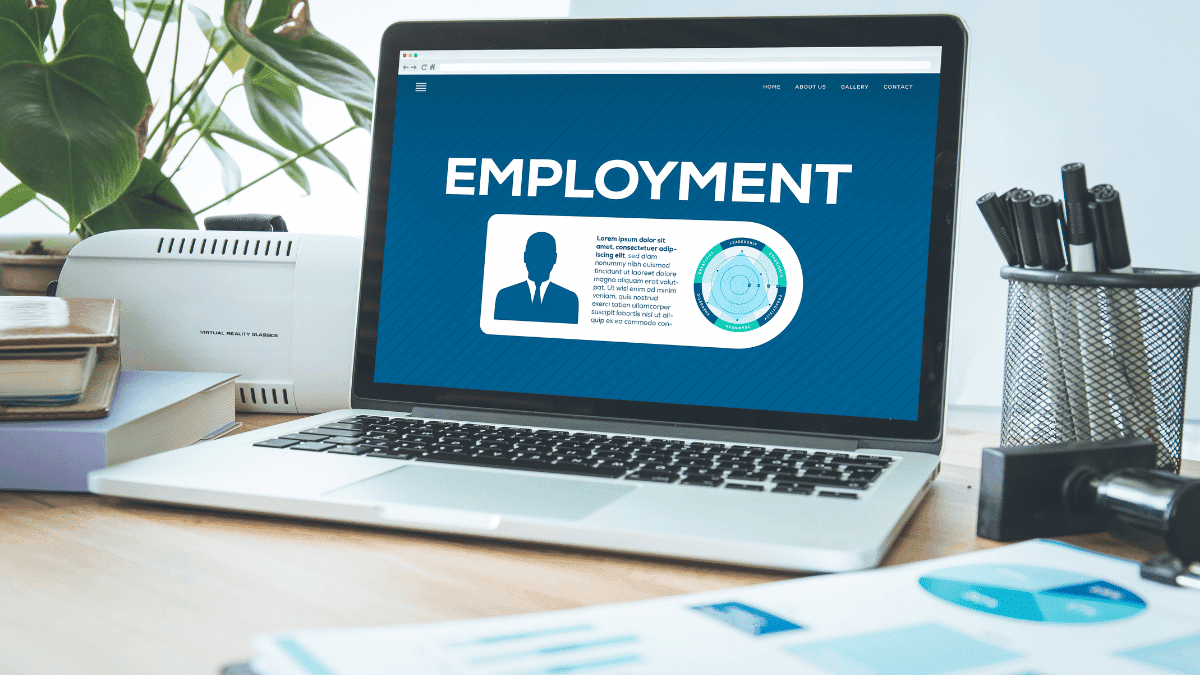

Assessment of Past Performance
Past performance often serves as a reliable indicator of future success. Reference checks enable employers to gain firsthand accounts of a candidate’s performance, strengths, and areas for improvement from individuals who have worked closely with them in the past. This insight helps employers assess the candidate’s ability to meet job requirements and contribute positively to the organization.
Risk Mitigation
Making the wrong hiring decision can have significant consequences for an organization, ranging from decreased productivity to financial losses. According to the US Department of Labor, the cost of a bad hire can be as much as up to 30% of the employee’s wages for the first year. Reference checks serve as a risk mitigation strategy by uncovering potential red flags or concerns that may not have been apparent during the interview process. By identifying any discrepancies or areas of concern early on, employers can make more informed decisions and avoid costly hiring mistakes.


Evaluation of Fit
Cultural fit is a crucial aspect of hiring that goes beyond technical skills and qualifications. Reference checks provide an opportunity to assess whether a candidate’s work style, values, and personality align with those of the organization. Understanding how the candidate has interacted with colleagues and adapted to different work environments helps employers gauge their compatibility with the team and organizational culture.
Legal Compliance
Conducting reference checks in a consistent and standardized manner helps ensure compliance with legal and regulatory requirements. Employers must adhere to laws governing employment practices, such as anti-discrimination laws and data privacy regulations, when contacting references and evaluating candidates. Reference checks conducted in accordance with legal guidelines help protect the organization from legal liabilities and discrimination claims.

Who Should Conduct Reference Checks?
Here’s a closer look at the key stakeholders who should be involved in conducting reference checks:
Hiring Managers
Hiring managers are often directly responsible for evaluating candidates and making final hiring decisions. As such, they are well-positioned to conduct reference checks to gather additional insights into candidates’ qualifications, performance, and fit for the role. Hiring managers can tailor reference check questions to align with the specific requirements of the position and engage in meaningful discussions with references to assess candidates’ suitability.


Human Resources (HR) Professionals
HR professionals play a central role in managing the hiring process and ensuring compliance with organizational policies and legal requirements. HR professionals may be responsible for coordinating reference checks, obtaining consent from candidates to contact their references, and documenting reference check findings. Their expertise in employment law and best practices can help mitigate risks and ensure that reference checks are conducted ethically and following relevant regulations.
Recruiters
Recruiters are often tasked with sourcing, screening, and engaging with candidates throughout the recruitment process. While recruiters may not always conduct reference checks themselves, they play a crucial role in facilitating the process by collecting reference information from candidates, scheduling reference check calls, and communicating with references as needed. Recruiters can provide valuable insights into candidates’ backgrounds and assist hiring managers and HR professionals in interpreting reference check feedback.


Third-Party Vendors
In some cases, organizations may choose to outsource reference checks to third-party vendors specializing in background screening services. These vendors are equipped with the tools and resources necessary to conduct thorough reference checks efficiently and impartially. Employers can leverage third-party vendors to ensure consistency and objectivity in the reference check process, particularly in high-volume hiring scenarios or for positions requiring rigorous screening.
How To Do Reference Checks the Right Way
Conducting reference checks requires a structured approach and careful consideration to gather meaningful insights about a candidate’s past performance and suitability for the role. Here’s a detailed exploration of best practices for conducting reference checks effectively:
1. Preparation and Consent
Before initiating reference checks, obtain the candidate’s consent to contact their references. When you’re ready to initiate contact, tell candidates you will be contacting their references and ask them to let references know that you will be contacting them. Communicate the purpose of the reference check and reassure the candidate that their privacy will be respected. Prepare a list of tailored questions that align with the job requirements and competencies sought in the ideal candidate. Try to request a variation of references, such as a previous manager, a coworker, and a mentor.
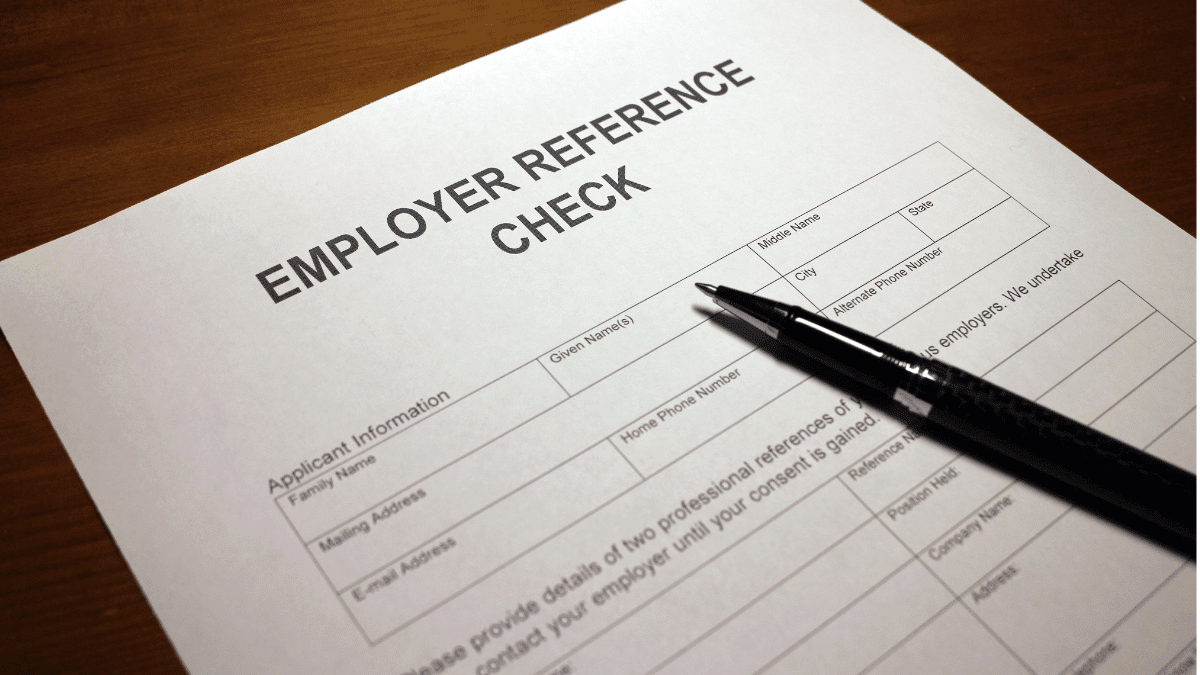

2. Tailored Questions
Craft questions that elicit specific examples and anecdotes from the reference’s experience working with the candidate. Focus on key areas such as the candidate’s job performance, strengths, areas for improvement, communication skills, teamwork abilities, and problem-solving capabilities. Tailor questions to gather insights relevant to the position’s responsibilities and the organization’s culture. Try to request a quantitative scale (such as 1 to 5) to rate the employee’s skills and abilities.
3. Objective Assessment
Approach reference checks with an objective mindset, seeking to gather factual information and verifiable evidence rather than subjective opinions. Ask open-ended questions that encourage references to provide detailed responses based on their observations and interactions with the candidate. Avoid leading questions or assumptions that may bias the reference’s feedback. For example, questions about the candidate’s punctuality may be acceptable and appropriate, but asking about the candidate’s likeability and overall sociability may not be objective or appropriate.


4. Documentation and Record-keeping
Document reference check findings accurately and comprehensively for future reference and compliance purposes. Record key details such as the reference’s name, position, and affiliation, as well as the date and method of contact. Summarize the reference’s responses to each question and note any notable insights or concerns raised during the conversation.
5. Professionalism and Respect
Conduct reference checks with professionalism and respect for the reference’s time and confidentiality. Clearly introduce yourself, state the purpose of the call, and express appreciation for their willingness to provide feedback. Listen actively to the reference’s responses, asking follow-up questions as needed to clarify or expand upon their insights.

How Many Candidates Get Reference Checks?
The decision of how many candidates undergo reference checks can vary based on several factors, including the organization’s hiring policies, the volume of applicants, and the specific requirements of the role. While reference checks are a standard practice in the hiring process, not every candidate may undergo this step. Here are some considerations regarding the number of candidates subjected to reference checks:
Finalists or Top Candidates
Typically, reference checks are conducted for finalists or top candidates who have advanced to the later stages of the selection process. These candidates are usually those who have successfully passed initial screening stages, participated in interviews, and demonstrated strong potential for the role. Reference checks serve as a final validation of their qualifications and suitability before extending a job offer.


High-Volume Hiring Scenarios
In situations where organizations receive a high volume of applications for a single position, conducting reference checks for every applicant may not be feasible or practical. Instead, reference checks may be reserved for a select group of shortlisted candidates who meet the minimum qualifications and exhibit promising potential. Prioritizing reference checks for candidates who are serious contenders for the role helps streamline the hiring process and allocate resources effectively.
Employment Law and Reference Checks
It’s essential to pay attention to employment law when conducting reference checks to ensure compliance and mitigate legal risks. Understanding the legal considerations associated with reference checks is essential for employers to conduct them ethically and effectively. Here’s a deeper exploration of the intersection between employment law and reference checks:
Anti-Discrimination Laws
Employers must adhere to anti-discrimination laws, such as the Civil Rights Act of 1964 and the Americans with Disabilities Act (ADA), when conducting reference checks. Avoid asking questions that could elicit information about a candidate’s protected characteristics, including race, gender, age, religion, disability, or national origin. Focus on job-related inquiries that assess the candidate’s qualifications, skills, and experience without bias.
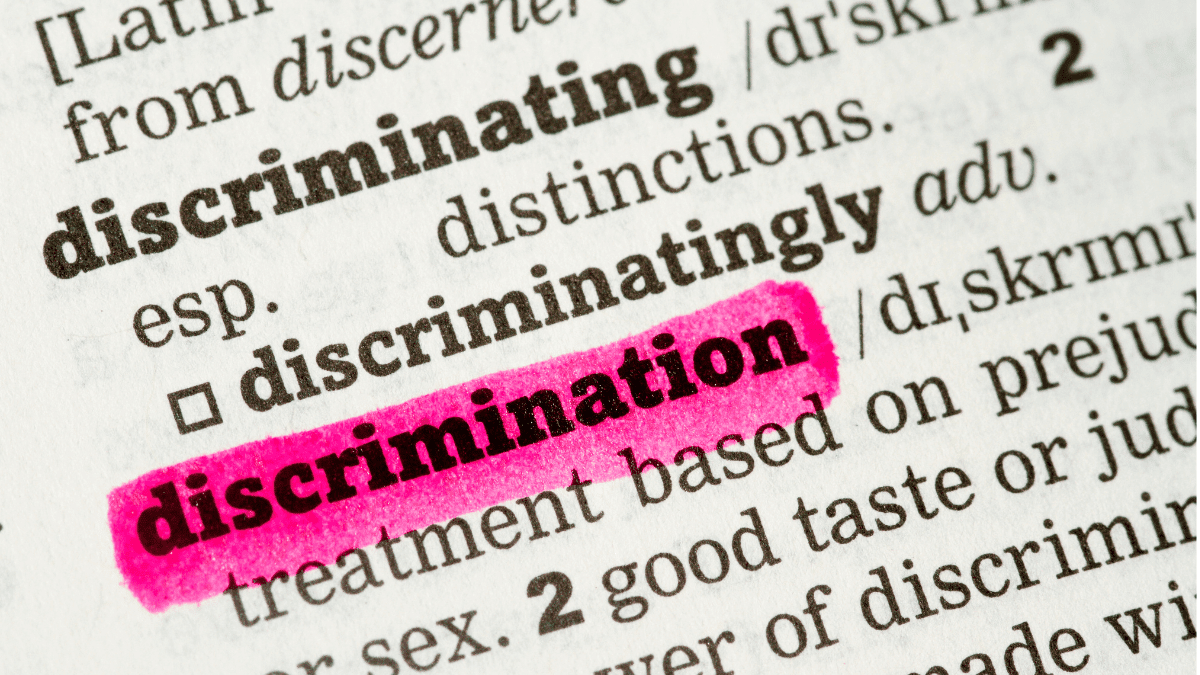

Privacy Laws
Respect candidates’ privacy rights and obtain their consent before contacting their references. Inform candidates of the purpose of the reference check and the types of information that will be discussed. Handle reference check information with confidentiality and ensure that only authorized individuals have access to sensitive data. Adhere to data privacy regulations, such as the General Data Protection Regulation (GDPR) in the European Union, when conducting reference checks for candidates located in jurisdictions with specific privacy requirements.
Defamation Laws
Exercise caution to avoid making defamatory statements or sharing false or misleading information during reference checks. Stick to factual, objective information provided by the reference and refrain from making subjective judgments or opinions about the candidate. Be mindful of potential legal liabilities arising from defamation claims and focus on verifying information relevant to the candidate’s job performance and qualifications.

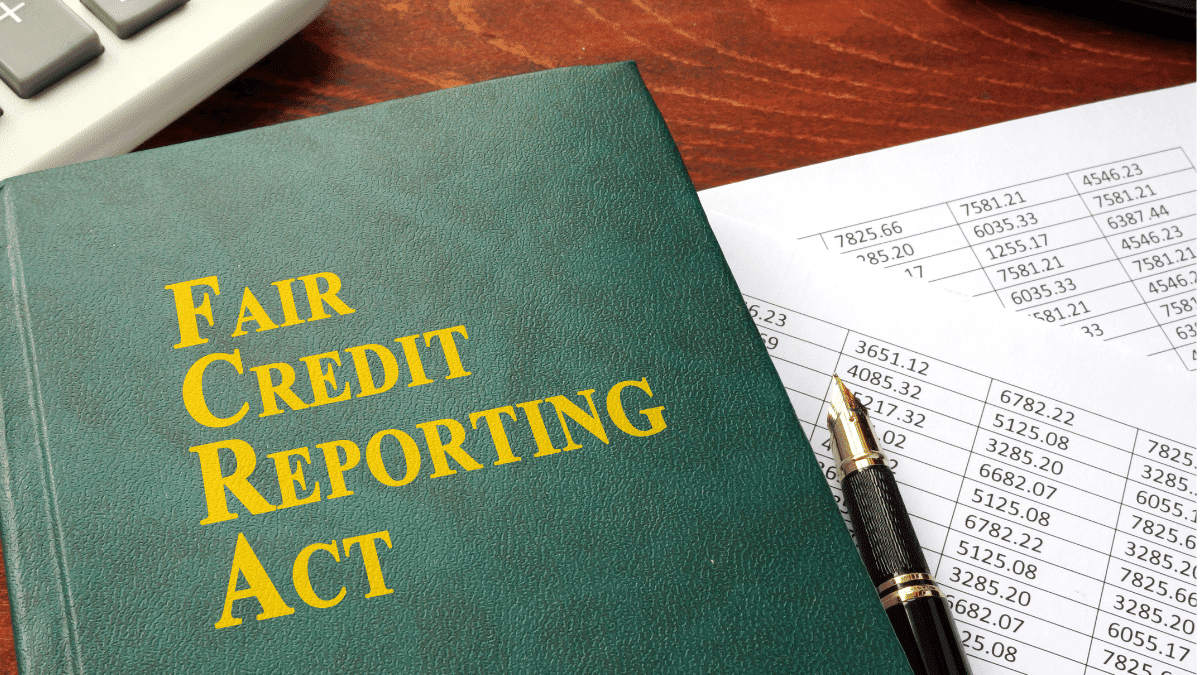
Fair Credit Reporting Act (FCRA)
If utilizing third-party vendors or background screening agencies to conduct reference checks, employers must comply with the Fair Credit Reporting Act (FCRA). The FCRA imposes obligations on employers to obtain candidates’ consent, provide disclosure, and adhere to strict procedures when using consumer reports for employment purposes. Ensure that reference check processes are conducted in accordance with FCRA requirements to avoid legal penalties and lawsuits.
State and Local Regulations
Be aware of state and local regulations governing reference checks, which may vary across jurisdictions. Some states have specific laws restricting the types of information that can be disclosed during reference checks or imposing limitations on the timing and manner of conducting reference checks. Stay informed about relevant legal requirements applicable to reference checks in the jurisdictions where your organization operates.
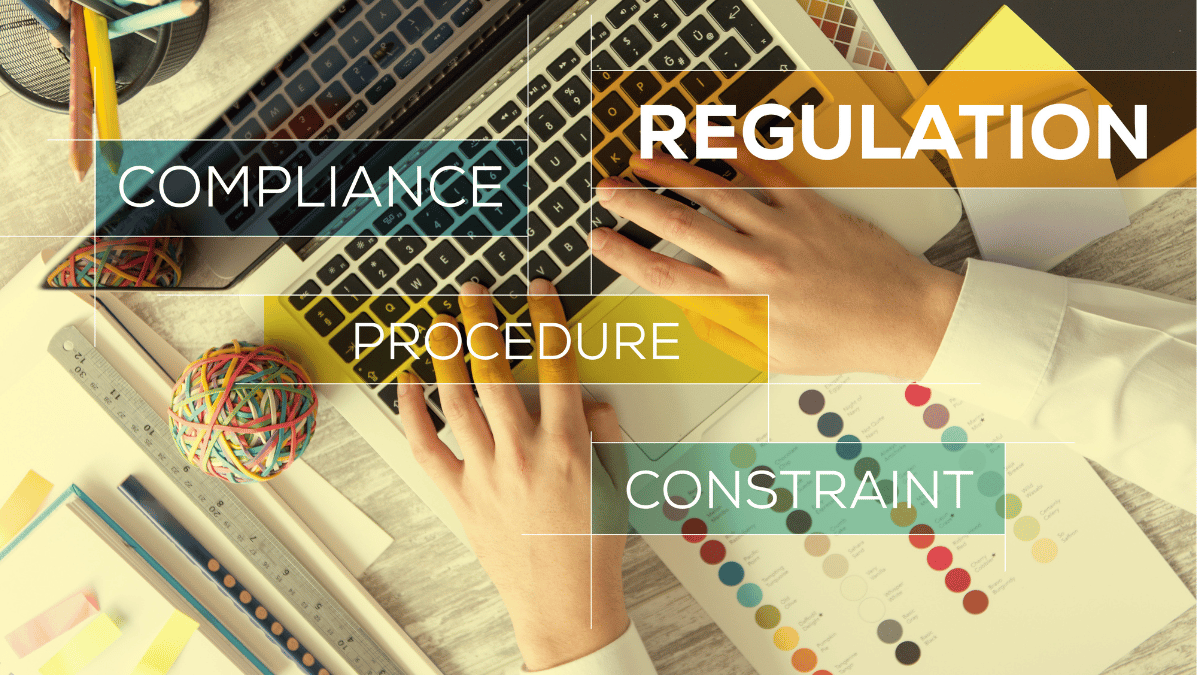
Good (and Legal) Questions to Ask During Reference Checks
When asking questions during reference checks, it’s essential to focus on job-related inquiries that provide objective insights into the candidate’s qualifications and performance. Avoid questions that could elicit information about protected characteristics, such as race, gender, age, religion, disability, or national origin, to ensure compliance with anti-discrimination laws. Additionally, respect the confidentiality of the reference and handle information with discretion and professionalism. By asking relevant, legal, and insightful questions during reference checks, employers can gather valuable information to inform their hiring decisions effectively.
Template for Reference Checks (Download)
To streamline the reference check process, consider using a standardized template that includes essential questions and space for recording reference feedback. This ensures consistency and facilitates comparison across candidates. Download our customizable reference check template to adapt to your organization’s needs and requirements:
To standardize your reference check process, ensure consistency, and brainstorm specific questions to ask previous employers and other references, download our reference check template:
1. Click “Download Resource”
2. Enter your email address
3. Submit to download your FREE resource

Reference Check Template
Send download link to:

Reference Check Template
Send download link to:

Search for Jobs




